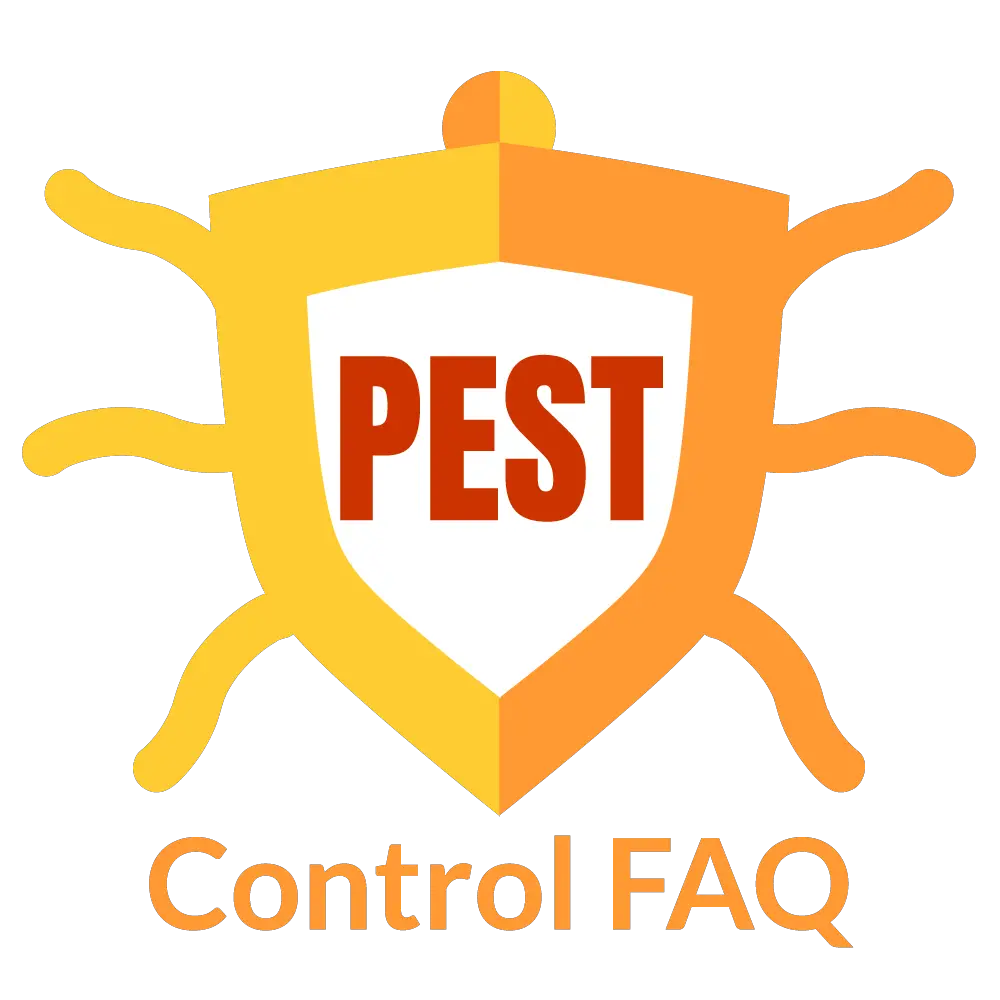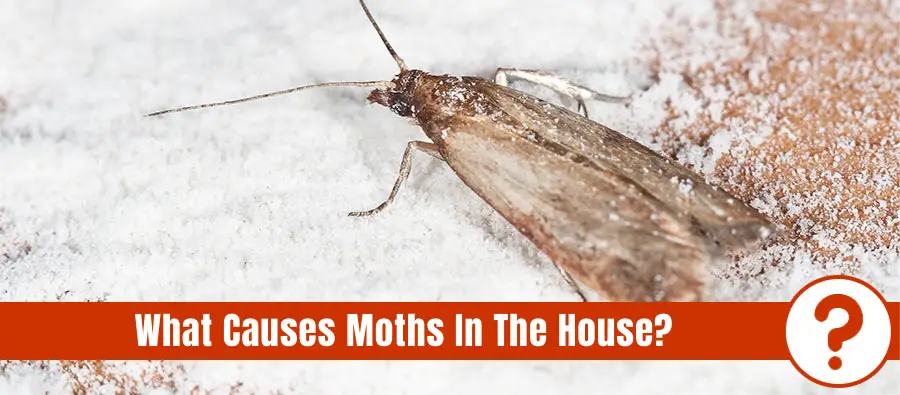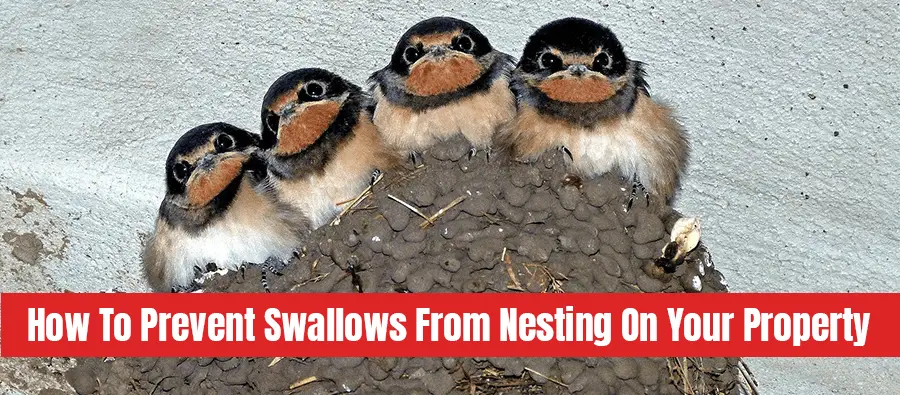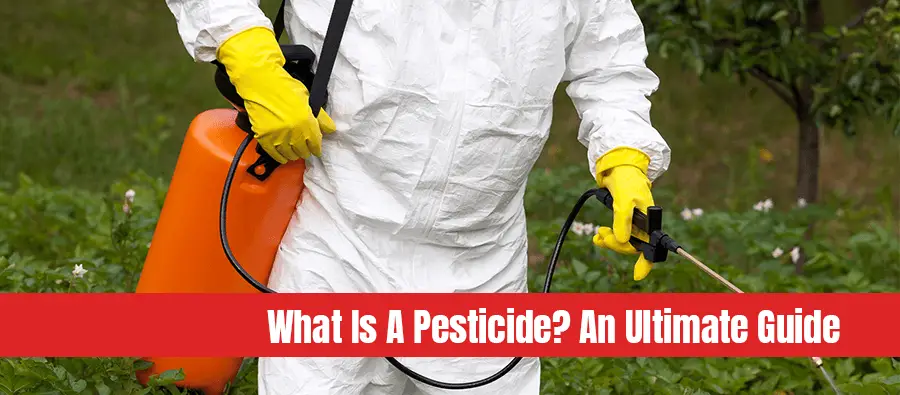Rodents can be the most frustrating kind of pests to deal with. Aside from the possibility of contracting diseases from them, they are quite destructive. At any point that you may feel rodents are in or around your house, you would need to take immediate action before they start infesting your home.
So, do rodent repellent granules work? Repellent granules are used to steer away rodents from a specific space. It works the way it is supposed to, but there are limitations. Placing these granules in an area of the house will just make the rodents avoid that region. For effective use, it must be well-distributed and strategically placed.
In this article, you will learn more about rodents, how infestation starts and how to prevent it from happening.
Table of Contents
What Are Rodents?
The term “rodent” originates from the Latin word rodere which literally means “to gnaw”. Mammals under this order have large incisors on both upper and lower jaws that allow them to bite hard objects.
Rodents like mice and rats are considered as pests because they carry diseases and destroy property. Being highly prolific, they multiply fast and can be quite a problem when they have started nesting. Many people do not realize how much of a problem rodent infestation could be, these animals act as a vector for pathogenic bacteria that can easily spread to humans and other animals.
Some of the diseases they can transmit are:
- Hantavirus Pulmonary Syndrome
- Lymphocytic Choriomeningitis
- Bubonic Plague
- Tularemia
- Leptospirosis
Local pest management agencies encourage homeowners to take the necessary precautions in keeping rodents away from homes to avoid the occurrence of any of these illnesses.
Signs of Rodent Infestation
When we use the term “infestation” we are talking about five for more rodents. When they are that many, it can only mean that they have already started their nest somewhere in your home and will be ready to procreate.
Here are the telltale signs to know if your home does have a rodent problem.
- Presence of rodent droppings around dry food storage, cupboards, pantries, drawers and under the sink.
- Shredded paper, fabric or plants lying around. It would most likely be used as nesting materials.
- Evident bite marks on dry food packaging, plastic or furniture.
- Chewed holes on walls and floorboards.
- Musky odor and strong stench in areas they have urinated in.
If you have noticed two or more of these signs, you might have a little pest problem on your hands. It’s time to take the necessary steps in order to keep your home rodent-free.
Causes of Rodent Infestation
In order to be able to prevent rodents from coming to your home, you would need to understand why they are there in the first place. Through this, you would be able to take control of the situation at hand.
Poor Sanitation
The number one reason for any pest infestation would be poor sanitary practices. Rodents like rats and mice are often attracted to unhygienic places. They are scavengers by nature and would definitely invade a home that has not been cleaned has food lying around.
Seeking Shelter
Like any other animal, rodents will seek for shelter or a potential nesting place. The place they will choose is a place where there are no predators, has enough food to sustain them and can keep them safe against the elements. These creatures find their way in your home through small holes or gaps from the outside. In the event they are unable to enter your house, they could be living around your garden or in your shed.
Environmental Factors
When the rodent’s natural habitat is disturbed thanks to human factors. These animals would be forced to seek better shelter. This also is the case in snowy winters or during floods. As the temperatures drop, you would be able to notice an influx in rodent infestations. This is because of their need to stay warm.
How to Get Rid of Rodents?
If you have a really bad case of rodent infestation, the best option would be to call a professional exterminator to take care of the problem. If you want to take matters into your own hands, here are some tips you may want to try.
Remove Entry Points
Check for cracks and holes around your home. Chances of infestation would definitely be higher when rodents are given easier access to the inside. Though sealing some holes and cracks may not completely solve your issues, it is definitely a start.
Use Mouse Traps
There are dozens of mouse traps in the market. They come in a variety of designs and types. Choosing the best one highly depends on how severe the infestation is. For one or two mice, those regular wooden snap traps would do fine. You can even opt to use flypaper.
The key to the success of these traps would be the bait you use. Rodents are not too picky with food, they can practically survive on any kind. Once you have selected your bait, it would be wise to attach it securely onto the trap to avoid having to replace them often.
Nesting materials like paper, tissue, cotton, and feathers are also effective bait. In order to make the most out of your trap, you will need to place them in a strategic area where they won’t miss it.
Bait Stations
These are packets of meal pellets loaded with poison. They are in plastic pouches and are supposed to be laid out in the open for the rodents to gnaw on. Once they have access to the bait, they are slowly poisoned until death. The problem with this method is that the meal pellets are quite attractive to animals in general if you have pets at home, these pellets can kill them.
Get a Cat
Having a pet cat is the most economical way of handling this situation. Cats are their arch-nemesis. In fact, many farms actually invest in cats to control the rodent population. Being natural hunters, rodents are fair game for cats who are looking for excitement.
Repellent or Rodenticides
Although both are able to get rid of mice, repellents are a less invasive technique compared to the use of rodenticides. With repellents, you are able to steer the rodents away from your home without having to kill them. Whereas rodenticides contain warfarin, which is a strong anticoagulant, that will kill the rodents through excessive internal bleeding.
Getting rid of one or two rodent invaders may be easy but taking care of an infestation may not be as simple. You would need to try out some of these techniques to know which method would be effective for you.
Types of Repellents Used For Rodents
The use of repellents has been quite popular recently. These products are basically a more humane and safer way to keep your home rodent-free.
Bobcat and Fox Urine
These repellents come in the form of granules and are often made from the urine of rodent predators like the bobcat and fox. These rodent repellent granules can be scattered around the home giving the rodents the idea that predators live in your home, and is therefore unsafe.
Peppermint Oil
For people who have pets and toddlers, the use of chemicals and poison would definitely be an issue. Because of this hesitance, others would look into organic means to steer away from these pests. Peppermint oil has been quite effective in keeping rodents away. It smells nice and you can practically get it anywhere.
Ultrasonic Repellents Systems
A newer technology used to get rid of a rodent infestation are the ultrasonic repellents. These devices utilize high-frequency sound intended to drive away all sorts of rodents and insects. However, there has been a large number of dissatisfied customers, saying that these so-called repellents are quite ineffective. Also, according to studies, commercial ultrasonic repellents are mostly inefficient or tend to have a short impact on pests. (read more here)
Dried Snake Feces
Similar to the concept of the repellent granule, the use of snake excrements is highly effective. This solution is quite inexpensive, in fact, you can visit your local pet store and they will be able to give you snake waste for free. Fortunately, snake feces have no smell and do not contain any harmful chemicals.
Black Pepper Oil Repellent
Although rodents are generally attracted to homes that have poor sanitation, they seem to have a dislike for extremely pungent odors. The use of black pepper oil-repellent has quite a few mixed reviews due to its strong odor. It is effective in keeping the rodents away, but it smells horrible. It would be ideal to use this solution in places that are not frequently accessed, like the basement or attic.
Conclusion: Do Rodent Repellent Granules Work?
At the end of the day, you would want to buy something you know can solve your problems. Rodent repellents are quite effective in keeping them away, but you must be able to use them wisely in a strategic manner in order to make the most out of it. Rodent repellent granules work the way it is supposed to, but there are limitations.
If all else fails, you can always contact your local pest exterminator that can guarantee a pest-free home.
Related questions
Do humane mole traps work? Yes, humane mole traps work. They have been used for years as an organic alternative to removing moles, and even though they require some extra labor – as opposed to using pesticide – humane mole traps actually work. (full article here)
Will ant spray kill termites? Termites and ants are not from the same family, but their anatomical structures are quite similar. Having said so, ant spray will be effective in killing termites. In fact, most insecticides made for ants are used for termites as well and vice versa. (full article here)
Can pest control get rid of snakes? No. Pest control can’t get rid of snakes. Pest control can only manage small insects. Since snakes are reptiles the only way to take them away from your home and surrounding is to catch them. (full article here)





